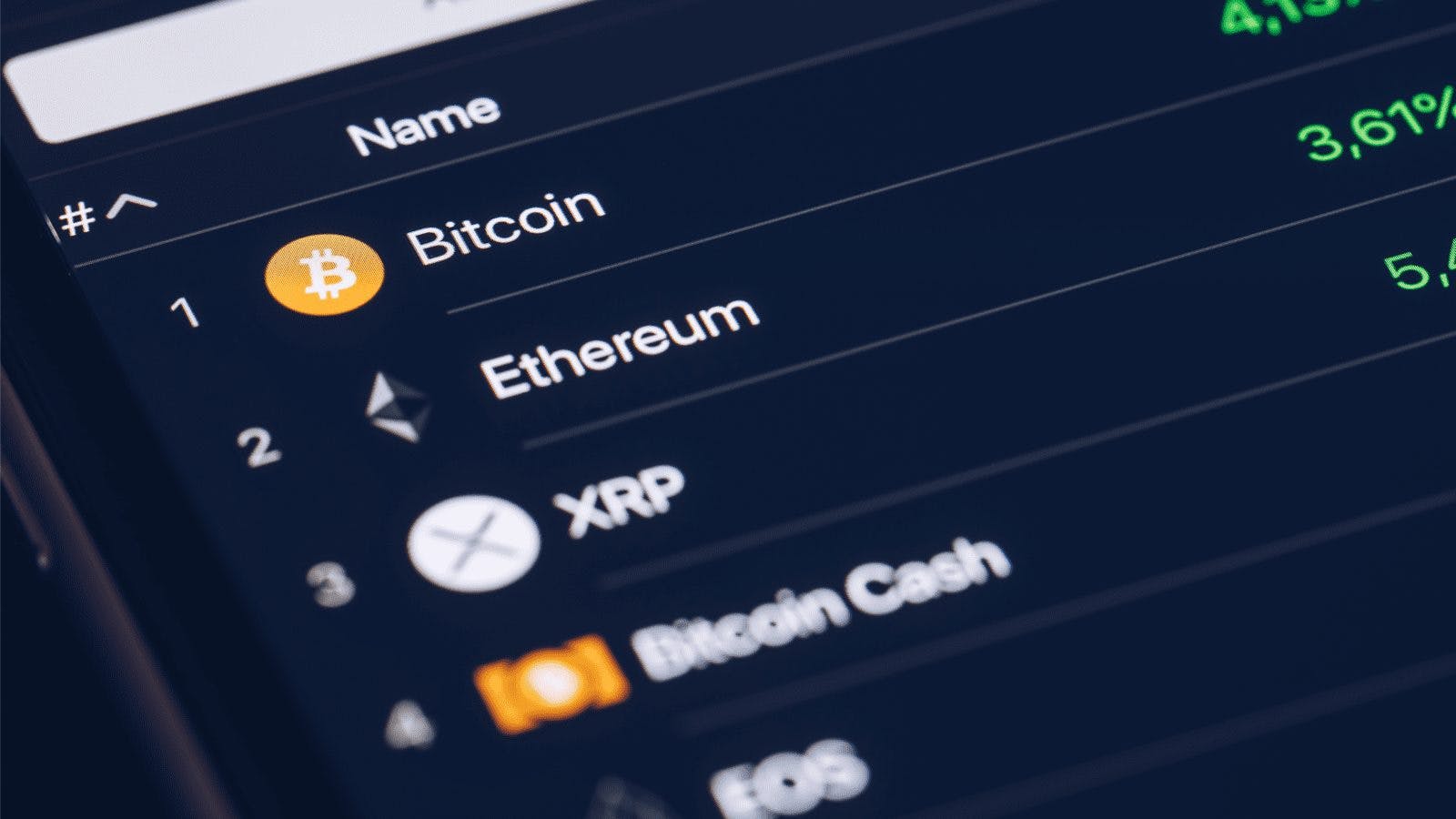World Financial Watchdog: Crypto Could Endanger Economies Worldwide
The decisions of the group, made up of policymakers from around the world, are not legally binding

Source: Shutterstock
- Financial Stability Board aims to avoid regulatory arbitrage and fragmentation
- The organization’s first crypto findings, published in 2018, found digital assets posed no material risk to broader markets
Crypto could represent a threat to the world’s finances, according to a watchdog that monitors markets around the globe.
The Financial Stability Board, made up of an assortment of policymakers that work with the International Monetary Fund, cited the danger in a report Wednesday, singling out the scale, structural vulnerabilities and increasing ties of digital assets to traditional finance.
The report highlights crypto’s recent boom, with a $2.6 trillion market cap at the end of 2021.
Established in 2009, the Financial Stability Board (FSB) didn’t publish its first crypto research until 2018, concluding then that the business of blockchain posed no material risk to the economy writ large. Membership to the group is voluntary, and its findings are not binding.
Though crypto’s volatility has yet to spill over to other markets, the increasing involvement in the space by banks and other asset managers — plus the prevalence of crypto derivatives and other leveraged products — could spell a shift.
“Assessing and addressing financial stability risks in the crypto asset sector is an important priority of the FSB’s work agenda for 2022,” FSB Secretary General Dietrich Domanski told Blockworks in an email. “Our ambition is to achieve a global policy approach to avoid regulatory arbitrage and fragmentation.”
Michael Fasanello, director of training and regulatory affairs for Blockchain Intelligence Group, said it makes sense to harbor concerns around crypto’s rapid growth and infiltration of traditional financial systems.
“From a compliance standpoint, this regulatory patchwork is an Achilles’ heel for both industry and government, and this non-standard approach from global governing bodies will inevitably result in jurisdiction shopping among criminals,” Fasanello told Blockworks.
The FSB report examines three segments of the crypto market: unbacked cryptoassets, such as bitcoin; stablecoins; and DeFi and crypto trading platforms.
Synthetic exposures to bitcoin have flourished since the US Securities and Exchange Commission signed off on exchange-traded funds (ETFs) holding bitcoin futures. Issuers including Fidelity Investments are now angling for US regulators’ go-ahead on spot bitcoin ETFs, along the same lines as those offered in Canada, Europe and South America.
Dozens of mutual funds and separately managed accounts now hold another popular product: the Grayscale Bitcoin Trust.
Stablecoins, meanwhile, increased in market cap from about $6 billion at the start of 2020 to $157 billion at the end of last year. Stablecoins peg their value to reserves, such as the US dollar.
As their assets have swelled, regulators have been paying more and more attention — with SEC Chair Gary Gensler saying last year stablecoins act like “poker chips at the casino.”
But Federal Reserve Chair Jerome Powell said in January that central bank digital currencies and stablecoins can coexist.
Jean Nellie Liang, the under secretary for domestic finance at the US Department of the Treasury, said during a hearing last week that only licensed banks should be allowed to issue stablecoins, reaffirming a November report on stablecoin regulation published by the Biden administration.
Get the news in your inbox. Explore Blockworks newsletters:
- The Breakdown: Decoding crypto and the markets. Daily.
- 0xResearch: Alpha in your inbox. Think like an analyst.






